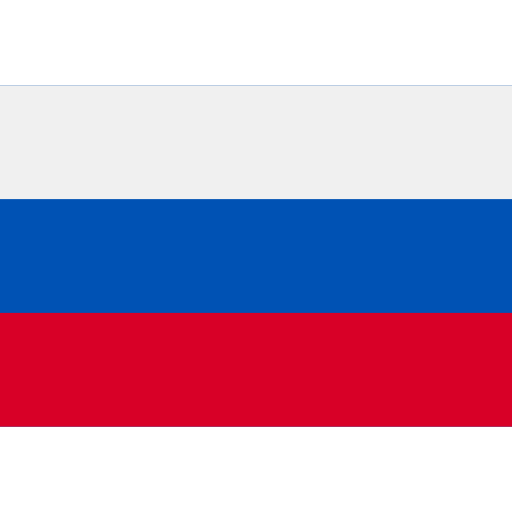Revival of Energy Power: World Bank expresses interest in Georgia

Fruitful negotiations between Georgia and the World Bank are aimed at strengthening energy security and stimulating the development of renewable energy in the region. At the meeting, Deputy Minister of Economy and Sustainable Development Gennady Arveladze discussed with the Regional Director of the World Bank Cohen Davids the possibilities of cooperation within the framework of the project of laying an electric cable from Georgia to Europe.
An agreement on the construction of a cable that will allow the transit of electricity from Georgia and Azerbaijan to Europe was signed between the governments of four countries – Georgia, Azerbaijan, Romania and Hungary in December 2022. The Georgian authorities are confident in the country's significant potential in the field of renewable energy sources, as well as in its prospects of becoming a transit hub for electricity.
The importance of the Black Sea cable project for the future of Georgia's energy sector was emphasized by Gennady Arveladze at the meeting. Research within the framework of this project is ongoing, and the State Electrical System of Georgia, together with the consulting company CESI, is carrying out technical and economic studies of the project. In addition, it is planned to conduct an environmental and social impact assessment, as well as geophysical and geotechnical studies of the Black Sea bottom.
Undoubtedly, Georgia's cooperation with the World Bank has already brought significant results. Within the framework of the partnership, important structural reforms were implemented in various sectors, such as improving the competitiveness of the private sector, infrastructure development, support for small and medium-sized enterprises, stimulating the innovation ecosystem, as well as the development of transport and energy industries. The World Bank confirms its readiness to allocate additional funds in the amount of $75 million to Georgia for a detailed study of the Black Sea bottom within the framework of the Black Sea cable project.
The European Union, in turn, expressed its intention to allocate 2.3 billion euros for the construction of an underwater cable across the Black Sea. If the project is successfully implemented, a 1,000 megawatt 1,195 km cable will connect Georgia with the Eastern Balkans, expanding transit opportunities and ensuring the flow of electricity to the South Caucasus and European markets, taking into account hourly energy prices. The project, aimed at strengthening energy infrastructure and expanding transit opportunities, promises to bring Georgia new prospects and strengthen its position in the energy sector.





0 comments
Log in to leave a comment